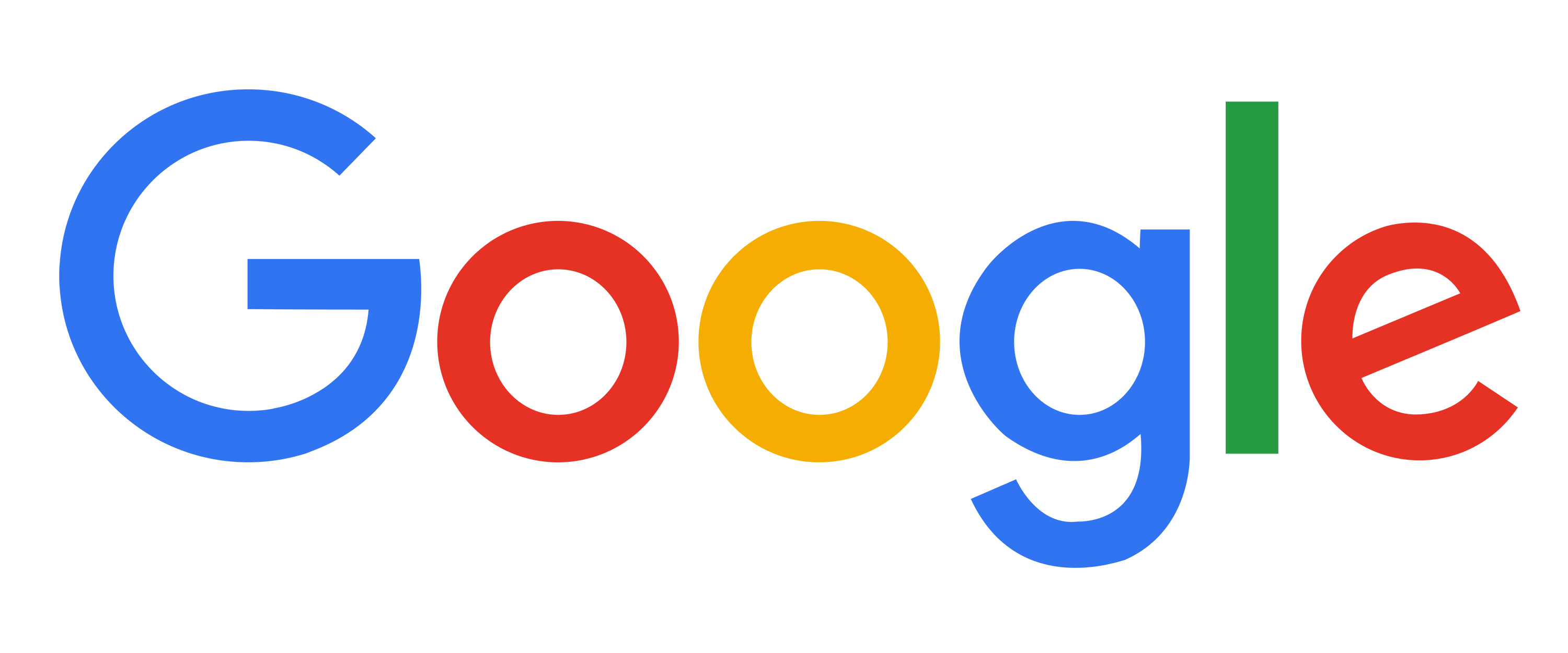Case One: AT&T: 1984
The year was 1974. If you had a telephone in your house, it would be an AT&T phone. AT&T was everywhere.
AT&T has glorious beginnings. It started as Bell Labs by Alexander Graham Bell, the inventor of the telephone.
By 1974, the American government thought that the organisation had become too big.
A core belief in a capitalist system is that competition is inherently good, and monopoly is inherently bad. This belief system holds the view that if an organisation becomes a monopoly, it is almost certain to exploit its users / customers.
A lawsuit was filed in 1974 against the company. The lawsuit said that AT&T is using its profits from one company to fund another company. It has an absolute monopoly, and that is how it is getting those great profit numbers.
The lawsuit went on for 8 years. It was settled in 1982. In 1984, as a result of this lawsuit, AT&T was broken up into eight small companies, so that profits from one cannot be used to fund the growth of another. This meant that every business of AT&T had to become profitable by itself.
This is the New York Times article that documented this historic event.
Case 2: Microsoft: 1998
Microsoft was started in 1975. Paul Allen and Bill Gates truly transformed computing for us. Before that, working on computers was truly difficult.
Microsoft’s Disk Operating System (DOS) made it possible for people to work on computers.
This is what a DOS interface looks like. You had to type all your commands.

If you wanted the computer to add 2 numbers, you had to write a program in BASIC, then convert that to a batch file, then execute the batch file from a command prompt. A lot like how Ruby or Python work today. You had to do that for the simplest calculations.
This was followed by Windows – the first Graphical User Interface in the world of computing. Windows 1 was released in 1985, a year after AT&T broke up.

Obviously, the company was the only one offering this service. And it grew.
But by 1998, the US lawmakers realised that the company has grown too large and is a monopoly.
The second largest lawsuit against a large corporate was against Microsoft in 1998.
The allegation was that Microsoft gave its web browser free with its Windows Software. This led to losses for Netscape – the second most popular web browser.
Today, we cannot dream of paying for a browser. But this really did lead to a lawsuit at the time.
The Court held that Microsoft giving away its browser free with its hugely popular Operating System is, indeed, a violation of the antitrust laws of America.
The initial lawsuit required Microsoft to break up into 2 companies. But Microsoft challenged this ruling in a higher court, and the Department of Justice (the government department that fights cases on behalf of the government) decided to settle. Microsoft was not required to break up, only to share software with other competitors.
Case III: Google: 2020
The Microsoft suit was filed on May 18, 1998. Google came into being on 4th September, 1998.
Google was not the first search engine. For a while, it was not even the most popular one. Yahoo! was the first search engine. The company is not doing as well as it was in the early 2000s, but it is still in the market. The other popular search engines were Askjeeves.com (named after PG Wodehouse’s classic butler), Lycos, and Altavista.
Google used a better web crawler to bring more relevant search results. Gradually, it extended the product, made some acquisitions, and went on to become the no. 1 – in every business it entered.
Businesses that didn’t do well (Remember Google Wave?) were also closed.
In 20 years, Google has grown to control pretty much every aspect of our lives. Need to know something? The search engine. Go somewhere? Maps. Watch videos? Youtube. Send email? Gmail. You get the idea.
The lawmakers say that by using its monopoly in the Android OS, it makes it impossible for other search engines to operate in the market, because all Android phones come preconfigured with Google. In some cases, the manufacturers cannot even add another search engine, or they risk losing access to the free version of Android that Google provides.
There are many reports on the internet on the share of Google in the search engine market – in the US, and globally. None of those estimates puts
All the Department of Justice needs to prove is that this is happening. They don’t need to prove that Google is profiting from it.
We hope you enjoyed reading this history of important AntiTrust cases in USA.

